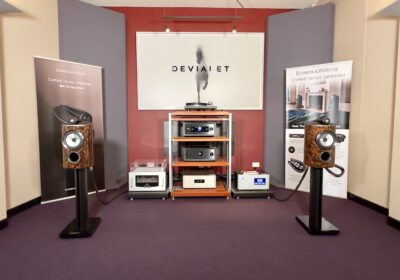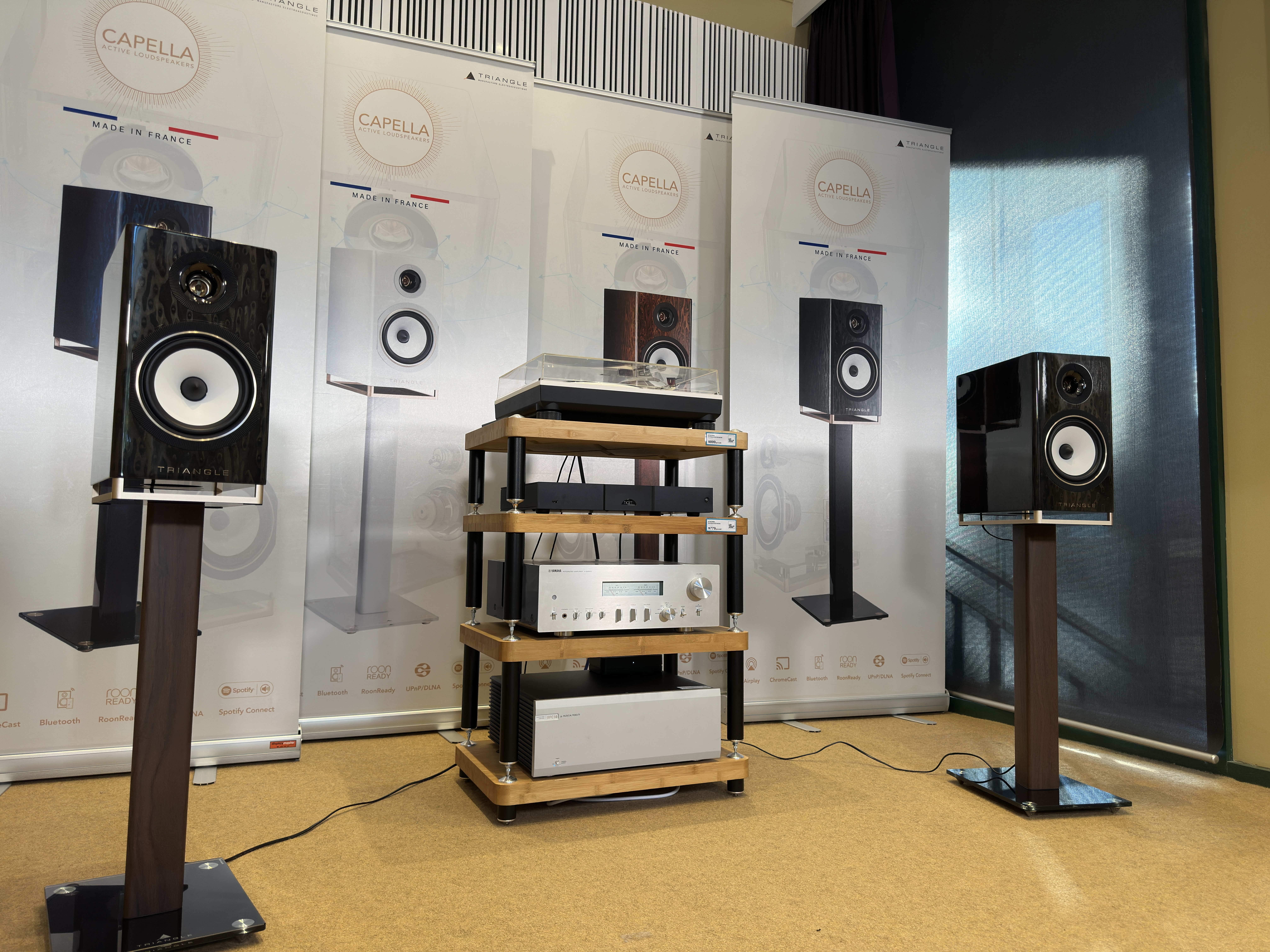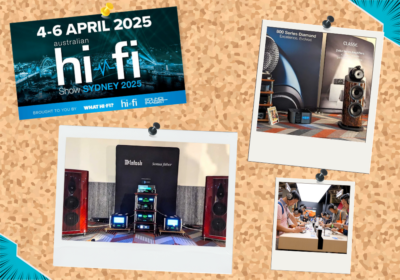I regularly read the daily musing of Paul McGowan, the owner of PS Audio.
Recently he has been talking about the difference between the system you have in your home and the system that an engineer will use to record the music you are listening to. Is there a difference? Should there be a difference? If there is a difference – why?
One of the most famous monitor speakers is the now discontinued NS10M from Yamaha. Initially released as a domestic speaker, many users found them too revealing (and bright) for home use, yet they popped up in studios worldwide. One company that has managed to bridge the divide is B&W – their 800 Series of speakers is used extensively as studio monitors (the most famous being Abbey Road) and obviously are highly regarded for domestic use.
So what is the difference? The most obvious is that most purposely designed studio monitor speakers are active, i.e. the amplification is built into the speaker. Secondly, they tend to have a very flat frequency response and are designed to highlight any flaws in the composition before it goes through to final mastering. They are also intended to be used close to the listener (hence the term nearfield), which helps reduce external influences such as room acoustics. Plus, they are designed to work best with the listener sitting in a clearly defined spot.
So you may ask – if the speakers your music is mixed on are designed to provide the most accurate rendering of the music possible, why not extend this concept to your lounge room? In all honesty, I don’t have an answer for this, just opinions. Most people would consider a speaker with a perfectly flat response to sound ‘boring’. Despite what their marketing may claim, most domestic speaker manufacturers add some ‘color’ to the sound, primarily by boosting the bass and the treble to make the speaker sound fuller. Dispersion patterns are also changed to allow the speaker to fill the room better and sound good wherever you are in that room. And the elephant in the room is, well, the room! Because you are not going to be as close to the speakers as you would be in a studio, the space itself will have a significant impact on the sound you will hear from any speaker.
When discussing this topic in-store, someone likened the argument to eating a steak. Irrespective of the quality of the steak we cook, most of us will then ‘modify’ its taste to our liking by adding some herbs/spices or a sauce.
The purist in me says that every instrument and voice recorded has its distinctive sound – and on the system I am using, that instrument or voice should sound exactly the same as it did in the studio. There should be no argument that the speaker that comes closest to this goal is the best. At the same time, there are other speakers that do not meet the criteria that I enjoy, but I could not explain why that is. One example (among others) would be the Italian brand, Sonus Faber. Their speakers involve me in the music – I am not listening to an individual instrument but the sum of every instrument. In short, I am listening to, and connecting with, the music without being critical of individual characteristics.
Does this help you decide which speaker is best suited to your listening? – I doubt it. The only way to choose your speakers is to listen for yourself. This is one purchase where you will need to put in the hard yards. All third-party reviews will tell you is what speakers appeal to the reviewer’s ears, not yours. If a speaker garners a large number of glowing reviews, such as the Borea range from Triangle, this simply means that they should on your audition list. At Len Wallis Audio, we have assembled an impressive array of brands, B&W, Sonus Faber, Serhan Swift, Triangle, Focal, Richter, B&O, Meridian etc. and built a world-class listening environment – yet sales are split across all of these.
We often experience customers coming and requesting to audition a particular speaker they were going to buy only to change to a different model/brand once they have experienced performances for themselves. It’s instructive that time and time again, we see purchasing decisions made on this basis.
The conclusion here is clear, if you care about sound, make sure you visit us in the showroom for your own in-person speaker audition.




